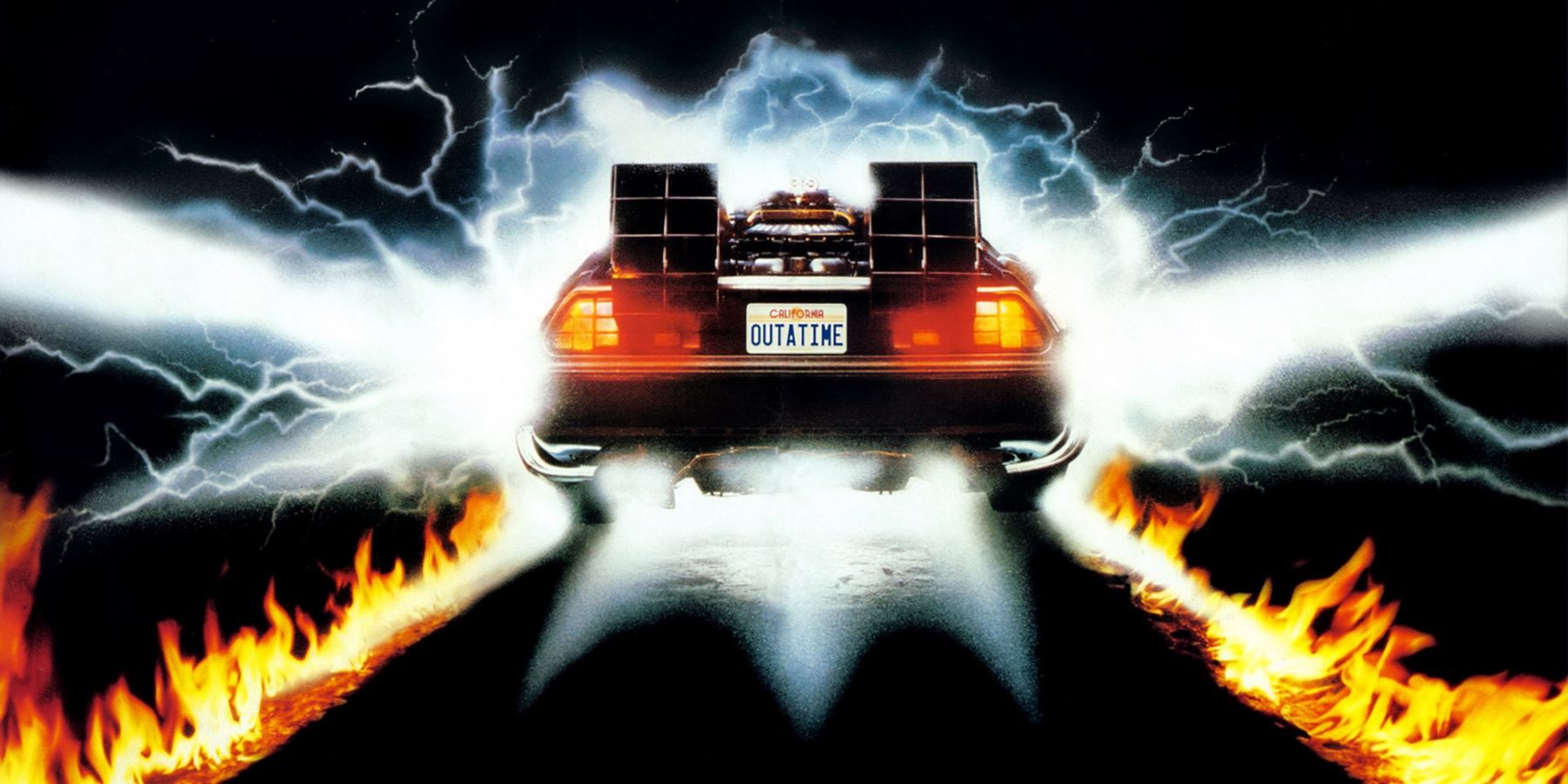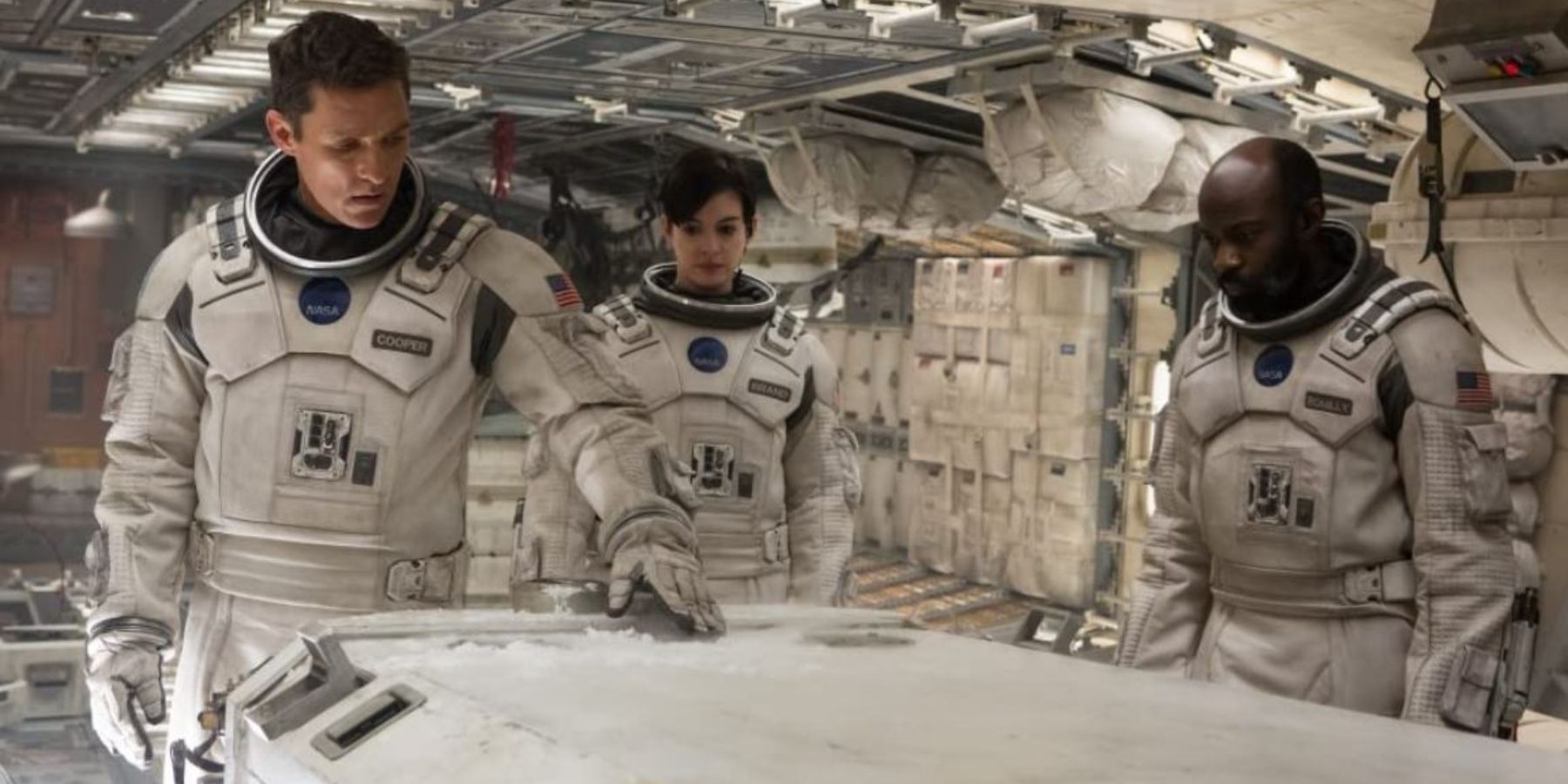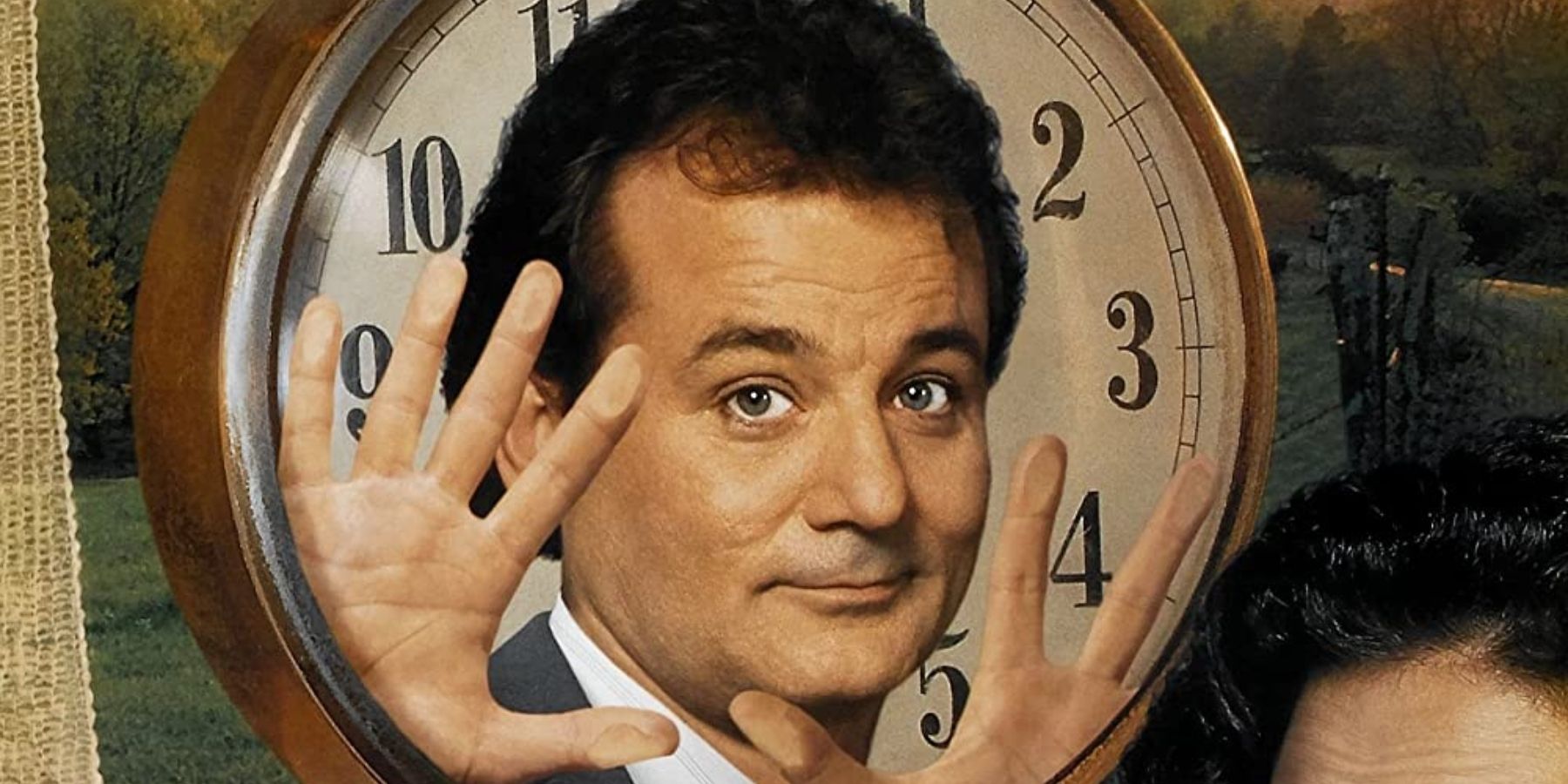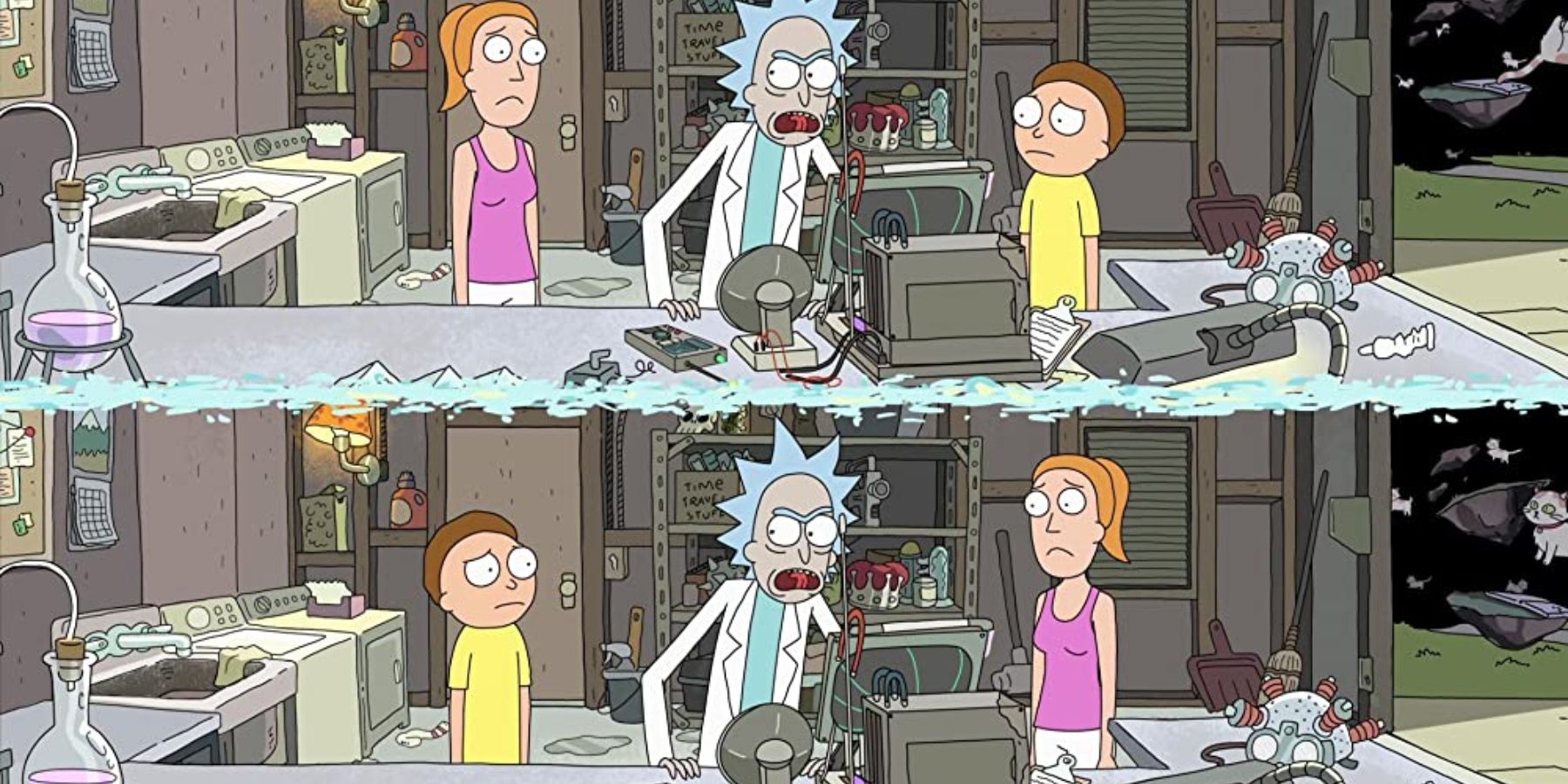From portals to specially designed machines, humans have been dreaming about the ability to travel through time for centuries. No matter what genre a story with time travel attempts to be, it always ended up having a science fiction feel, as time travel is a classic element of the genre.
This is because time travel has always been associated with the future. It’s a technology and power that is seemingly far out of reach, if not completely impossible, for humans. Perhaps what has made it such an appealing device for stories is the longing humanity has for exploration and understanding of another time beyond their reach, or maybe it simply makes such a useful story device. Regardless of why writers use time travel, there’s no questioning that it has been used frequently for a few centuries now. As a result of its popularity in literary and filmed fiction, it has developed a few common tropes along the way. Some of them are of particular relevance thanks to their influence.
Exploring Different Histories, Realities, & Timelines
The use of time travel to explore an alternate history has been so commonly used that it has become a trope of the genre. It makes sense that it gained such popularity, as people have a tendency to question “what if?” Stories in this vein allow a writer and their audience to explore how a particular event or the life of a certain person could have drastically changed the course of events that lead to the reality we know, for better or worse. The first use of an ability to travel through time to explore an alternate past may be credited to H.G. Wells' famous 1895 novel, The Time Machine.
On the other side of an alternate history is, of course, the use of an imagined future. In other words, these stories use time travel to explore what the future of the world or humanity may look like. Generally, it is used in stories to reflect on an issue in our current society, and how it may affect the state of humanity later on if not addressed. The first notable use of this may also belong to H.G. Wells, who explored alternate futures in the same way he explored history.
Another commonly used method of exploring time travel is through virtual reality or simulated reality, though in consideration of time travel, the latter is more common. The greatest difference between the two is that in virtual reality, the character is consciously aware that the time they’re in is not real, while in simulated realities, the character may not be aware that their surroundings are not real. Some good modern examples of this are The Matrix and Westworld, but the earliest examples may be the 1929 and 1930 novels, The Chamber of Life and City of the Living Dead.
The time loop is yet another noteworthy tool for time travel stories. Rather than going to different periods of time, in this instance, the time that is visited remains the same, on a loop, beginning at a particular moment each time. These stories usually revolve around the character learning and correcting some detail about themselves in order to move on beyond this moment they keep reliving. Fans may recognize this in famous films like Groundhog Day, but this story is at least 100 years old, appearing in the 1922 novel The Worm Ouroboros by E.R. Eddison.
Alternate selves or alternate timelines could also be considered a trope of time travel stories, as often as they appear. In these instances, the use of time travel either reveals or creates different versions of the time traveler or different versions of the reality that they know. In a sense, these concepts of slightly mirrored circumstances have been used for centuries, but specifically in the lens of science fiction, they appear to have begun in the 1960s in popular comic books.
Exploring & Meddling With The Past
In time-travel stories, certain times or locations that people visit tend to recur, becoming tropes in and of themselves. There are obviously many time traveling stories where the person traveling through time has a particular date or time period that they wish to visit. However, among the most popular times that people travel to are so far in the past that dinosaurs roamed the planet, or are so far in the future that humans are living in space. It may seem obvious why these two periods are the most frequently explored: they are two periods that, as far as we know, the human species has not existed in. Because there is so much uncertainty around how people would react to these times and these environments, they have great story potential and present a lot of creative liberty for writers.
Perhaps the most popular trope in time travel though, is that of changing the past. Most fans of science fiction can name off an entire list of time travel stories in which someone either changed even the tiniest detail in the past, or were warned not to. One of the most recognizable stories to explore this idea is the 2004 film The Butterfly Effect, whose name is taken from the shorthand term for this trope. The earliest noted story to explore the concept of changing the past by some means of the future is in the 1733 story, Memoirs of the Twentieth Century. What likely makes this so common is that it allows people to draw a line between reality and the “what if?” questions. By creating this distinct contrast, a story can either examine how humanity would be better or (usually) worse off if even the tiniest change had been made to how things were meant to be.
Time travel can be represented in many forms: time traveling with portals, time traveling with machines, quantum teleportation, alien interference, or even using time travel to analyze the human mind’s response to trauma, as seen in Kurt Vonnegut’s Slaughterhouse-Five when Billy Pilgrim becomes “unstuck in time.” No matter how it’s approached, or how many tropes a time travel story uses, it is the message that it reflects that truly determines its success and value. Time travel's popularity has led to tropes that allow people to examine not only the past and future of our species, but also our present condition. Unless humans ever obtain a real means of traveling through time, it will probably continuously appear in tales of fiction, so that people can at least get a glimpse at times that were before our beyond their own.




